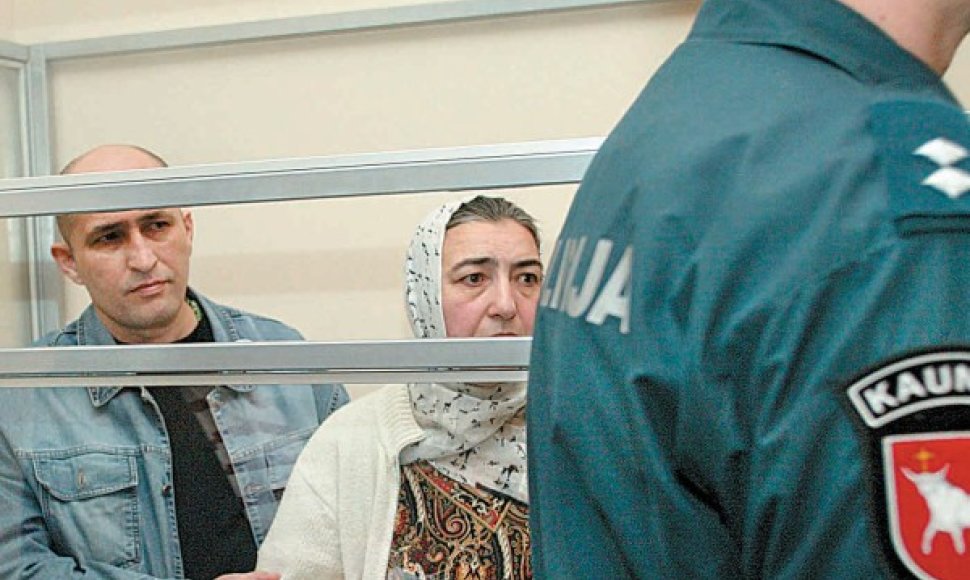"This is the final decision – Finland granted political asylum to Gatayevs and their three underage children. It should put an end to the family's suffering, however, they first need to recover after three years of uncertainty and stress," the Lietuvos Žinios daily cited Oksana Chelysheva, vice-chairman of the Russia-Chechnya Community and a human rights defender living in Finland.
According to a ruling handed down by a Klaipėda court in the end of March, the court had repeatedly sent requests for legal assistance to Finland's Justice Ministry and asked to notify the Gatayev spouses about the time and venue of hearing of the appeal motion. However, a response was received that the Gatayevs' whereabouts in Finland are unknown. Furthermore, the court asked to be notified about granting of asylum to the convicts, yet Finnish officials have failed to reply to the inquiry, the Klaipėda court said.
Klaipėda court has been handling the Gatayev case after it was forwarded from the Lithuanian Court of Appeals in May 2010. The case cannot be opened, as the suspects left Lithuania in 2009. Some reports suggest the spouses went to Finland and have applied for political asylum there.
In early 2009, a Kaunas court found the couple guilty of violent treatment of their foster children, murder threats, and high-handedness. They were each sentenced to 10 months in prison.
Another Kaunas court, in September 2009, extended the punishments to 18 months. The Gatayevs disappeared after the verdict. The European Arrest Warrant was then issued, but it recalled in March 2010, as the Lithuanian Supreme Court ruled to reopen the case.
Human rights defenders said there were possible violations in the case - the media wrote about interference of the State Security Department and possible involvement of Russia's special services.
"In shock"
The Gatayevs told Finnish news agency Yle on Wednesday that they were delighted and greatly relieved by the decision.
"We're in shock with joy," Malik Gatayev said. "This is an extremely important moment in our lives."
The Finnish Immigration Service declined to comment, saying that it never issues public statements on individual cases.
Professor: Rare, but not unprecedented
A noted Finnish human rights expert, Professor of Public International Law Martin Scheinin, notes that it is extremely rare for political asylum to be granted based on an application from another EU member state, but that there are precedents. However he told Yle he cannot recall another case where Finland has granted such an application.












